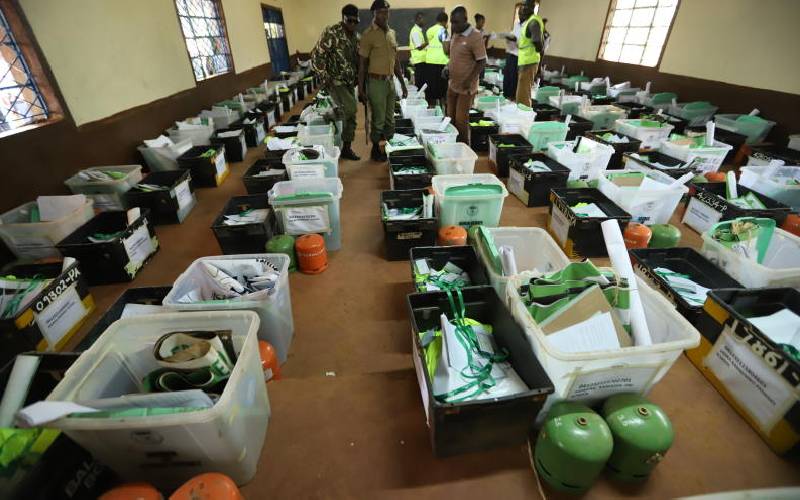×
The Standard e-Paper
Join Thousands Daily

America’s recently concluded fractious elections have revealed fissures hitherto, the preserve of developing countries. The loud recriminations, disputed polls and threats of violence from armed militia groups is reminiscent of Kenya in 2008.